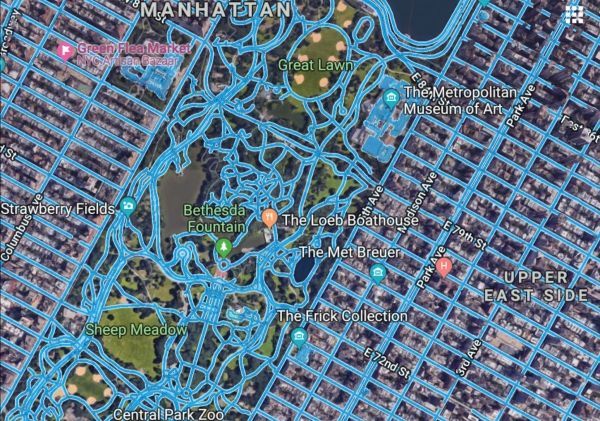Morris Animal Foundation-funded researchers have developed a new surgical technique for recurrent laryngeal neuropathy (RLN) that is improving outcomes and helping horses breathe a little bit easier.
articles
The Shipping Industry Sets Sail Toward a Carbon-Free Future
Cargo-shipping regulators have struck a historic deal to set their dirty fuel-burning industry on a low-carbon course.
University of Waterloo launches Artificial Intelligence Institute
The University of Waterloo launched the Waterloo Artificial Intelligence Institute today, bringing together a large group of researchers and businesses to advance technology and prepare Canada for future economic disruption.
Waterloo AI uniquely focuses on end-to-end innovation ranging from foundational to operational AI. Foundational AI advances the field as a whole through research in a number of areas, including statistical learning, deep learning, game theory and data science. Operational AI develops scalable, secure and transparent solutions for a wide range of applications.
How a ‘Toxic Cocktail’ Is Posing a Troubling Health Risk in China’s Cities
The hazes can be choking and can reduce visibility at noon to a few tens of yards. Fumes belch from factory chimneys, coal-fired power plants, heating systems in apartment blocks, and millions of road vehicles. When the weather traps smog in the streets, city hospital admissions soar and the morgues fill.
Making littering feel good
One morning at the Shambhala Music Festival in the Kootenays a few years ago, young scientist-to-be Paige Whitehead looked around at the vast piles of discarded glow sticks everywhere and was struck by the thought that there surely had to be a more environmentally friendly way to party.
A new way to automatically build road maps from aerial images
Map apps may have changed our world, but they still haven’t mapped all of it yet. Specifically, mapping roads can be difficult and tedious: Even after taking aerial images, companies still have to spend many hours manually tracing out roads. As a result, even companies like Google haven’t yet gotten around to mapping the vast majority of the more than 20 million miles of roads across the globe.
Gaps in maps are a problem, particularly for systems being developed for self-driving cars. To address the issue, researchers from MIT’s Computer Science and Artificial Intelligence Laboratory (CSAIL) have created RoadTracer, an automated method to build road maps that’s 45 percent more accurate than existing approaches.









